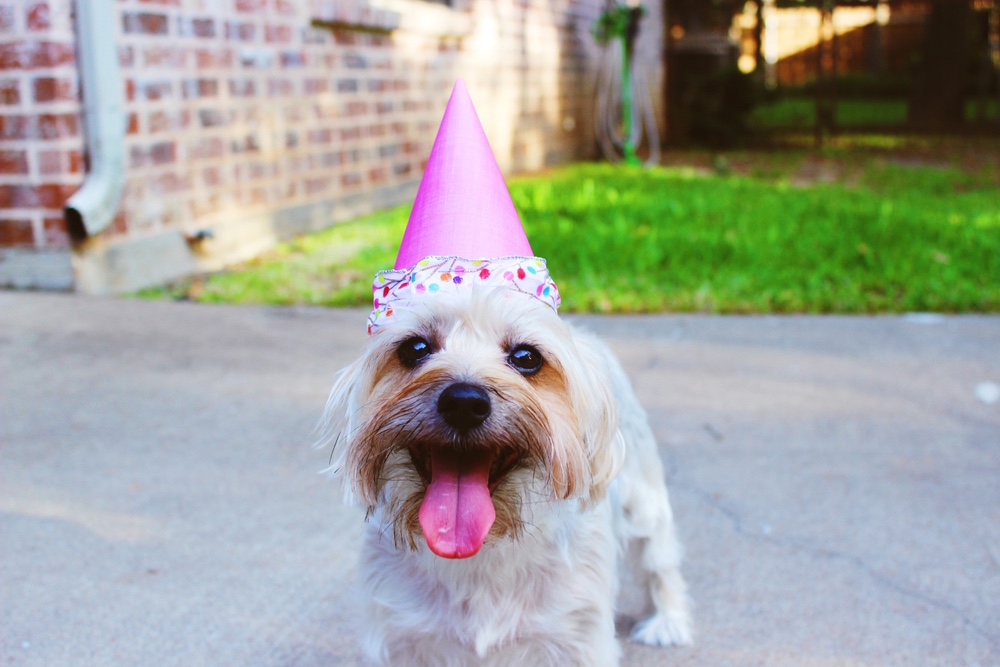As your puppy transitions from adolescence to young adulthood, the age of 6 to 12 months is a crucial period for their growth, development, and continued learning. During this stage, your puppy will continue to refine their skills, deepen their bond with you, and further establish their place in the family. Let’s explore what your 6 to 12-month-old puppy should be doing and learning during this important phase.

1. Advanced Training and Commands
By now, your puppy should have a good understanding of basic commands. It’s time to build upon that foundation and introduce more advanced training and commands. Teach them commands like “stay,” “leave it,” and “drop it.” Focus on reinforcing their training using positive reinforcement techniques such as treats, praise, and rewards. Consistency and patience are key during this phase.
2. Consistency in Obedience and Recall
Continue reinforcing obedience and recall training with your growing puppy. Practice commands in various environments and with increasing distractions. Strengthen their response to your cues and commands, ensuring they consistently obey and come to you when called. Consistency, reinforcement, and positive associations will help solidify their obedience and recall skills.
3. Continued Socialization and Exposure
Socialization remains an important aspect of your puppy’s development during this stage. Continue exposing them to various people, animals, and environments. Encourage positive interactions with new experiences and individuals. This helps them build confidence, adaptability, and good social skills. Regular exposure to different situations will contribute to their overall well-roundedness.
4. Refining Canine Etiquette and Manners
Continue refining your puppy’s canine etiquette and manners. Encourage polite greetings with both humans and other animals. Discourage jumping, excessive barking, and other undesirable behaviors. Reinforce positive behaviors with rewards and redirect their attention when necessary. Consistency and positive reinforcement will help shape their behavior as they mature.
5. Physical Exercise and Energy Release
As your puppy grows, their energy levels will remain high. Provide them with regular opportunities for physical exercise to release energy and keep them physically fit. Engage in activities such as daily walks, interactive play sessions, and mental stimulation games. Tailor their exercise routine to their breed, size, and energy level to ensure they remain healthy and happy.
6. Mental Stimulation and Enrichment
In addition to physical exercise, mental stimulation and enrichment are essential for your puppy’s development. Continue providing them with puzzle toys, interactive games, and training exercises that challenge their problem-solving abilities. Engaging their mind helps prevent boredom, destructive behaviors, and promotes mental well-being.
7. Dental Care and Oral Hygiene
Maintaining good dental care is crucial for your puppy’s overall health. Continue brushing their teeth regularly using a dog-friendly toothbrush and toothpaste. Monitor their oral hygiene and provide appropriate dental chews and toys to promote healthy chewing habits and reduce tartar buildup. Regular dental care contributes to their long-term oral health.
8. Nutritional Needs and Feeding Routine
Ensure your puppy is receiving a balanced and age-appropriate diet. Consult with your veterinarian to determine the best feeding routine, portion sizes, and nutritional requirements for your growing puppy. Consider transitioning them to adult dog food based on their breed and size. Monitor their weight and adjust their diet as needed to maintain a healthy body condition.
9. Regular Healthcare and Vet Check-ups
Continue providing regular healthcare and schedule routine check-ups with your veterinarian. This includes vaccinations, boosters, and preventive treatments. Regular check-ups allow your vet to monitor your puppy’s overall health, address any concerns, and provide necessary guidance for their well-being. Stay up to date with flea, tick, and heartworm preventives as recommended.
10. Strengthening the Human-Canine Bond
During this stage, focus on strengthening the bond between you and your puppy. Dedicate quality time to engage in activities that deepen your connection and reinforce trust. Continue positive reinforcement-based training, play games together, and go on adventures. Building a strong bond will foster a loving, lifelong relationship with your canine companion.
Browse our website for more free useful info and to see awesome products for your dog!
The 6 to 12-month stage is a critical period for your puppy’s growth, development, and continued learning. By focusing on advanced training, consistency in obedience and recall, socialization and exposure, refining canine etiquette, providing physical exercise and mental stimulation, dental care, proper nutrition, regular healthcare, and strengthening the human-canine bond, you are setting your puppy up for a healthy, well-rounded, and fulfilling adulthood. Enjoy this stage of their journey together and cherish the moments as you both grow and learn.
As an Amazon Associate we earn from qualifying purchases through some links in our articles.




